Custom Luxury Modern Homes
York Road Custom Homes Charlotte North Carolina
York Road: A Vibrant and Historic Corridor in Charlotte, NC
York Road is one of the oldest and most significant roads in Charlotte, North Carolina, running southward from the heart of the city through some of the most diverse neighborhoods in the area. This major thoroughfare, which stretches from Uptown to the southern suburbs, has evolved over time, offering a unique blend of history, residential charm, and growing commercial development. York Road is a vital link between Charlotte’s urban core and the expanding suburbs, attracting homebuyers, business owners, and visitors who appreciate its rich heritage and central location.
A Historical Overview of York Road
York Road’s roots date back to the early days of Charlotte’s development, originally serving as a key route to the town of York, South Carolina. The road has played a critical role in the city’s growth and prosperity, facilitating trade and communication between Charlotte and surrounding areas. Over the years, York Road has been home to agricultural fields, plantations, and early industrial growth. As Charlotte expanded, the road transitioned into a significant residential and commercial corridor.
York Road Today: A Blend of Residential and Commercial Growth
1. Residential Appeal
York Road is home to a variety of residential neighborhoods, each with its own distinct charm. These neighborhoods are appealing to a diverse range of residents, from young professionals to retirees, thanks to their proximity to Uptown Charlotte, excellent schools, and recreational amenities. Many homes along York Road feature larger lots and mature landscaping, providing a peaceful suburban feel with easy access to the urban center.
Key residential areas along York Road include:
•Bradfield Farms: A quiet, established neighborhood featuring spacious homes and tree-lined streets.
•Oaklawn Park: A neighborhood filled with classic ranch-style homes and close proximity to local parks and schools.
•Southwest Charlotte: As York Road stretches further south, it passes through a mix of suburban and newer developments, providing housing options for families and young professionals.
2. Growth of Commercial Development
In recent years, York Road has experienced a surge in commercial development, especially in the areas closer to Uptown. The revitalization of this road corridor has attracted retail, dining, and entertainment options that cater to both residents and visitors. New businesses, restaurants, and shopping centers are opening, making the area even more desirable for both residents and investors.
Notable commercial developments along York Road include:
•Yorkmont Plaza: A bustling retail hub featuring shops, dining establishments, and services.
•The Charlotte Premium Outlets: A popular shopping destination located just off York Road, providing great deals on high-end brands.
•Local Dining: York Road is home to a number of great local eateries, including Southern-style restaurants, coffee shops, and casual dining spots, offering a variety of flavors and experiences for food enthusiasts.
Accessibility and Transportation
One of the biggest benefits of York Road is its central location and connectivity to the rest of Charlotte and beyond. The road offers easy access to major highways and transportation networks, making commuting and travel convenient for residents and businesses.
1. Proximity to Major Highways
York Road intersects with several major roads, including:
•I-77: This interstate runs north-south and provides quick access to Uptown Charlotte, as well as the southern suburbs and neighboring towns in South Carolina.
•I-485: The beltway around Charlotte connects York Road to the greater metropolitan area, making it a central point for those traveling across the city.
•South Boulevard: Known for the Lynx Light Rail system, which connects areas along South Boulevard to Uptown Charlotte, providing another convenient mode of transport for commuters.
2. Public Transit Options
In addition to highway access, York Road is well-served by Charlotte’s public transit system. The CATS bus network runs several routes along York Road, offering an affordable and reliable way for residents to commute to Uptown and other parts of the city.
3. Proximity to the Airport
York Road is also conveniently located near the Charlotte Douglas International Airport, making it an attractive area for those who travel frequently or work in the aviation and logistics sectors. The airport is just a short drive away, ensuring ease of travel for residents and businesses in the area.
Attractions and Things to Do on York Road
While York Road may be a primarily residential and commercial corridor, there are plenty of attractions and activities to enjoy in the surrounding areas.
1. Parks and Outdoor Recreation
For those who love the outdoors, York Road’s location provides easy access to several parks and green spaces, ideal for walking, biking, or picnicking:
•Freedom Park: Located just a few miles to the north, Freedom Park is one of Charlotte’s most popular green spaces, featuring walking trails, playgrounds, sports facilities, and a serene lake.
•Brandywine Park: A neighborhood park that offers a peaceful setting with plenty of open space and a creek for nature lovers.
•Southwest Park: A smaller, neighborhood-focused park, perfect for a quick afternoon walk or gathering with friends and family.
2. Historic Sites
York Road is close to several important historical sites and landmarks in Charlotte, giving residents the chance to learn more about the city’s heritage:
•The Charlotte Museum of History: Located just a short drive away, the museum offers exhibits and events about Charlotte’s past, including the history of York Road and its role in the city’s development.
•Historic Homes and Districts: Many homes along York Road have historical significance, showcasing architectural styles from the early 20th century.
3. Dining and Shopping
York Road is home to a number of local businesses and restaurants, offering diverse dining and shopping experiences. Residents can enjoy Southern comfort food, international cuisine, and local coffee shops that create a welcoming atmosphere.
Future Development and Investment Opportunities
As Charlotte continues to grow, York Road is expected to see continued development and investment. The road’s central location, access to public transportation, and proximity to key areas make it a prime spot for future residential and commercial projects.
Some key factors contributing to York Road’s potential for growth include:
•Proximity to Uptown Charlotte: As the city’s central business district continues to expand, areas surrounding York Road will likely see increased interest from developers and homebuyers.
•Infrastructure Improvements: Ongoing investments in transportation and infrastructure along York Road will make the area even more accessible and attractive for residents and businesses.
•Revitalization Projects: Many of the older neighborhoods and commercial spaces along York Road are undergoing revitalization, attracting new residents, businesses, and investment.
Conclusion: Why York Road is an Attractive Option for Homebuyers, Investors, and Visitors
York Road is one of Charlotte’s most dynamic and diverse corridors, offering a mix of residential charm, commercial development, and historical significance. Whether you are looking for a place to live, work, or invest, York Road has much to offer. Its central location, proximity to major highways, and access to public transportation make it an ideal place for those who want to experience the best of Charlotte while enjoying the tranquility of suburban living.
With continued growth and development, York Road is poised to become an even more desirable location in Charlotte, attracting those who seek a balance of history, convenience, and modern amenities. Explore all that York Road has to offer and see why it remains a vital and growing part of Charlotte’s real estate landscape.
Client Consultation and Vision Development
- Meet with clients to understand their lifestyle, preferences, and vision for their dream home.
- Offer expert guidance on design choices, materials, and layout to align with the client’s goals.
- Provide an overview of the custom home building process, timeline, and budget expectations.
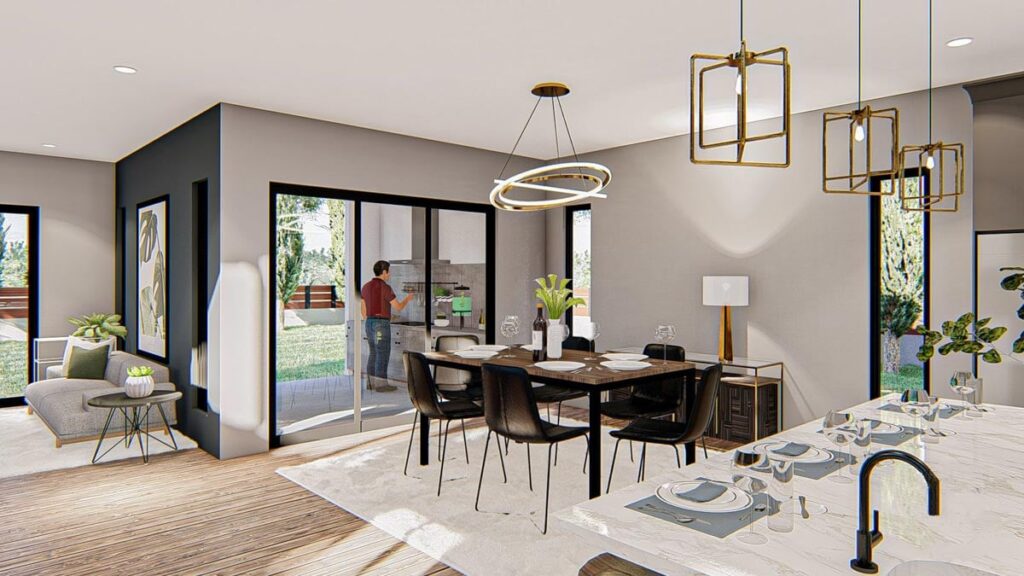
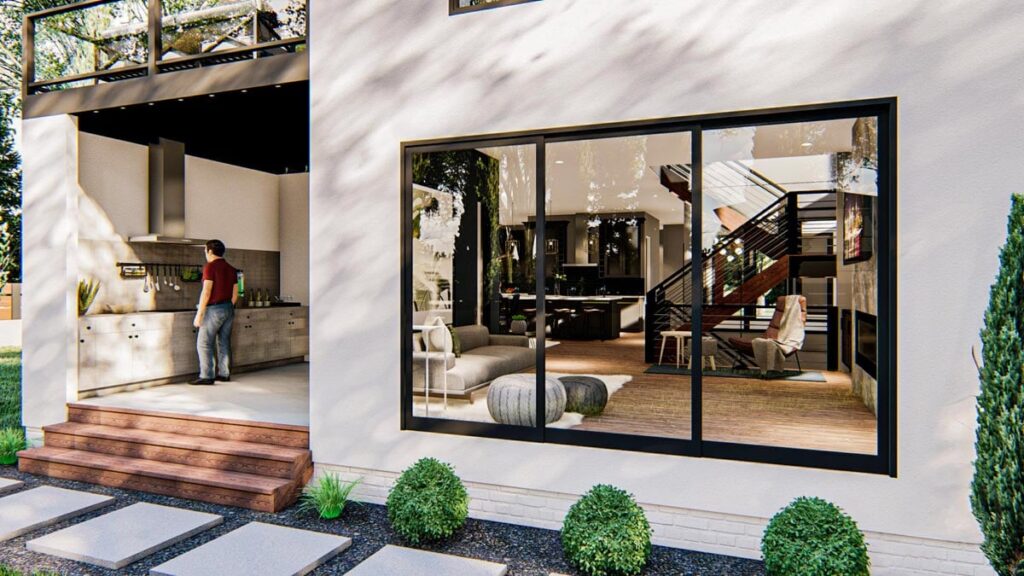
Site Selection and Evaluation
- Assist clients in selecting the perfect lot for their home, considering location, views, and surroundings.
- Evaluate the site’s topography, soil, and environmental factors to ensure feasibility.
- Address zoning laws, setbacks, and other local regulations.

Project Design and Planning
- Collaborate with top architects, designers, and urban planners to create unique, innovative designs.
- Ensure projects are aligned with luxury standards, including sustainability and cutting-edge features.
- Obtain necessary permits and approvals from local governments and agencies.
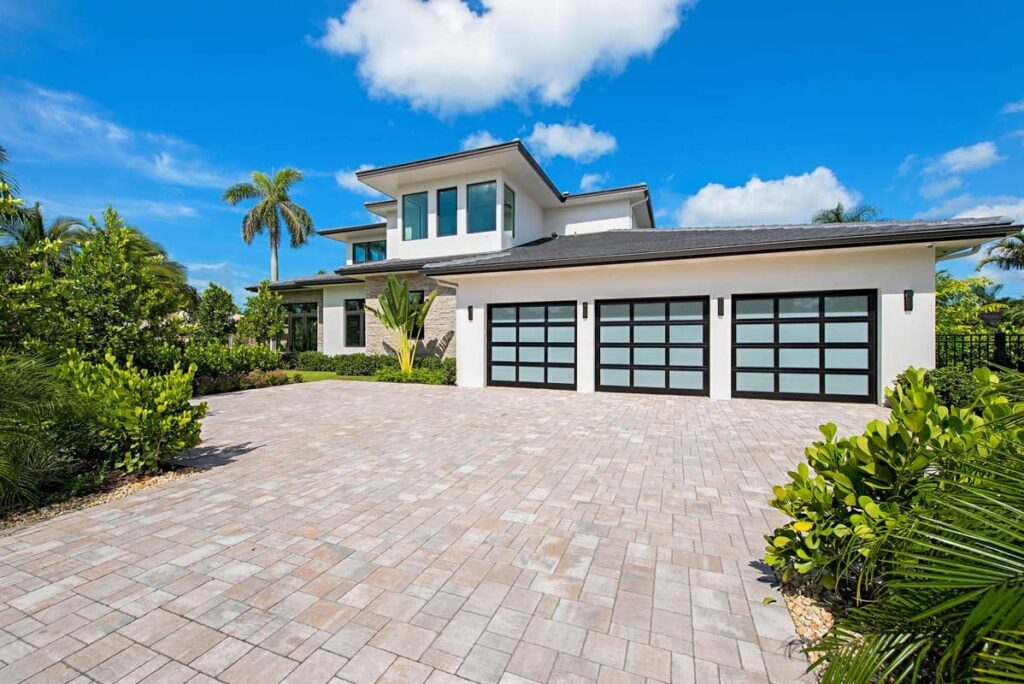
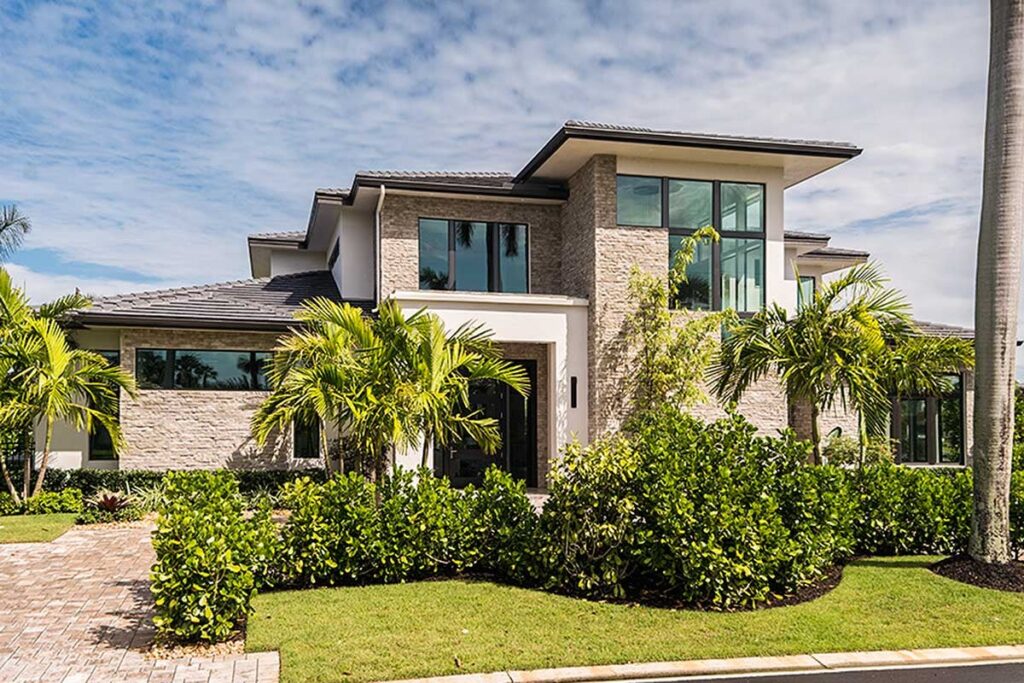
Budgeting and Cost Estimation
- Develop a detailed budget, including labor, materials, and contingency plans.
- Provide transparent cost breakdowns and manage financial expectations.
- Suggest alternatives to maintain quality while optimizing costs.

Project Design and Planning
- Develop a detailed budget, including labor, materials, and contingency plans.
- Provide transparent cost breakdowns and manage financial expectations.
- Suggest alternatives to maintain quality while optimizing costs.


Permitting and Legal Compliance
- Obtain necessary building permits and approvals from local authorities.
- Ensure compliance with building codes, safety standards, and environmental regulations.
- Handle all paperwork related to construction, inspections, and legalities.

Material Selection and Procurement
- Source premium materials, finishes, and fixtures from trusted suppliers.
- Present clients with options for flooring, countertops, cabinetry, lighting, and more.
- Ensure all materials meet luxury standards and align with the overall design vision.
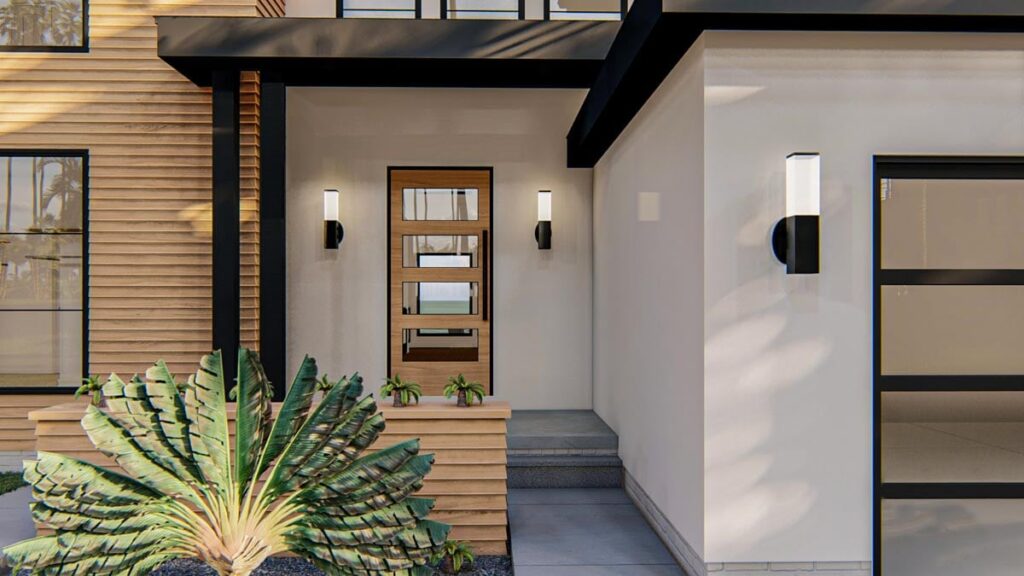
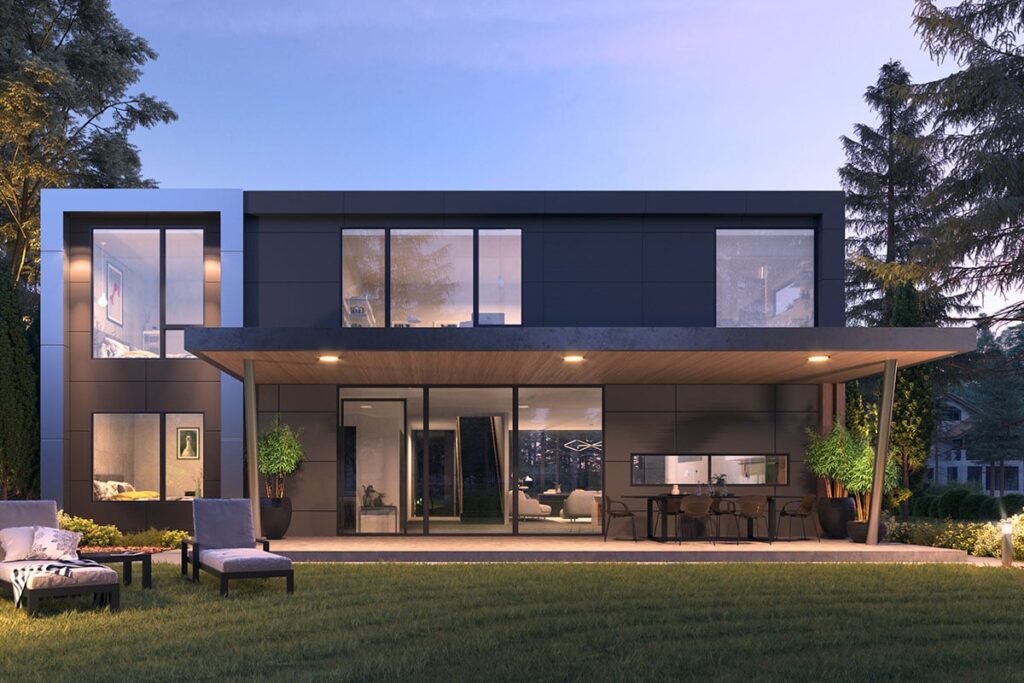
Construction Management
- Oversee all phases of construction, from site preparation to final finishing touches.
- Hire and coordinate subcontractors, including electricians, plumbers, and painters.
- Ensure projects stay on schedule and within budget while maintaining the highest standards of craftsmanship.

Quality Control and Inspections
- Conduct regular site visits to monitor progress and address issues proactively.
- Schedule and oversee inspections to ensure work meets or exceeds industry standards.
- Focus on details, such as seamless finishes, precision in installation, and structural integrity.

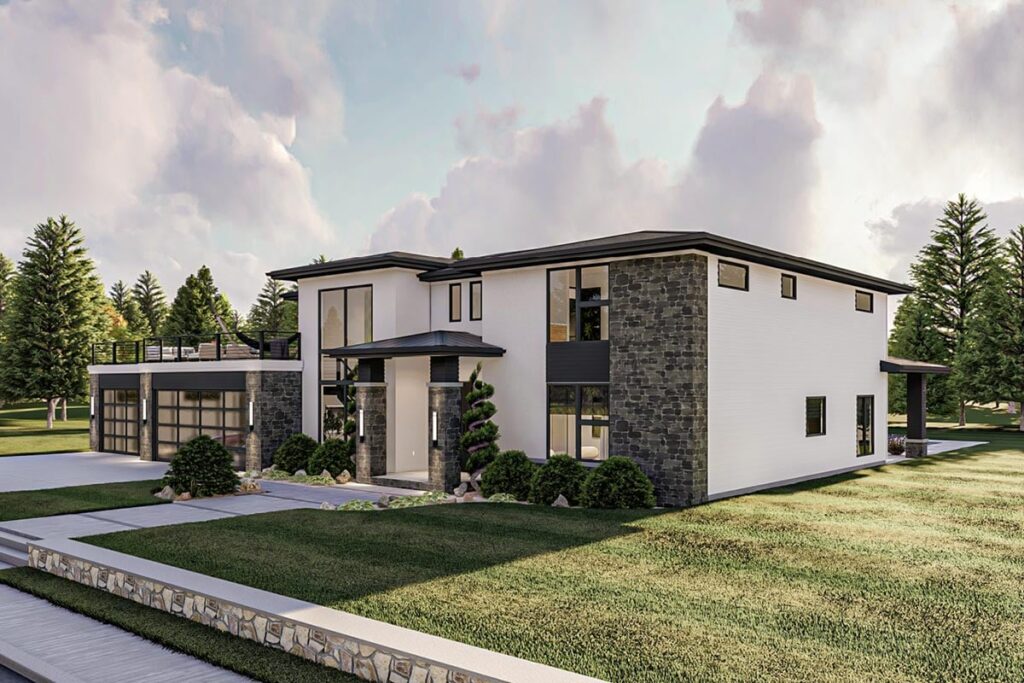
Customization and Personalization
- Incorporate bespoke features like wine cellars, home theaters, gourmet kitchens, or spa-like bathrooms.
- Integrate cutting-edge technology, such as smart home systems, automated lighting, and security systems.
- Adapt plans during construction to accommodate client requests or changing preferences.

Luxury Amenities and Sustainability
- Incorporate luxury amenities such as infinity pools, custom landscaping, or private gyms.
- Use sustainable building practices and eco-friendly materials.
- Offer energy-efficient solutions, such as solar panels, geothermal systems, and high-performance insulation.


Client Communication and Updates
- Maintain open lines of communication with clients throughout the building process.
- Provide regular updates on construction progress, challenges, and milestones.
- Use project management tools or apps for real-time collaboration and transparency.

Interior Design and Finishing
- Work with interior designers to curate furniture, decor, and art that complements the home’s design.
- Coordinate the installation of custom cabinetry, built-ins, and specialty features.
- Ensure that every detail, from paint colors to light fixtures, reflects the client’s taste and vision.
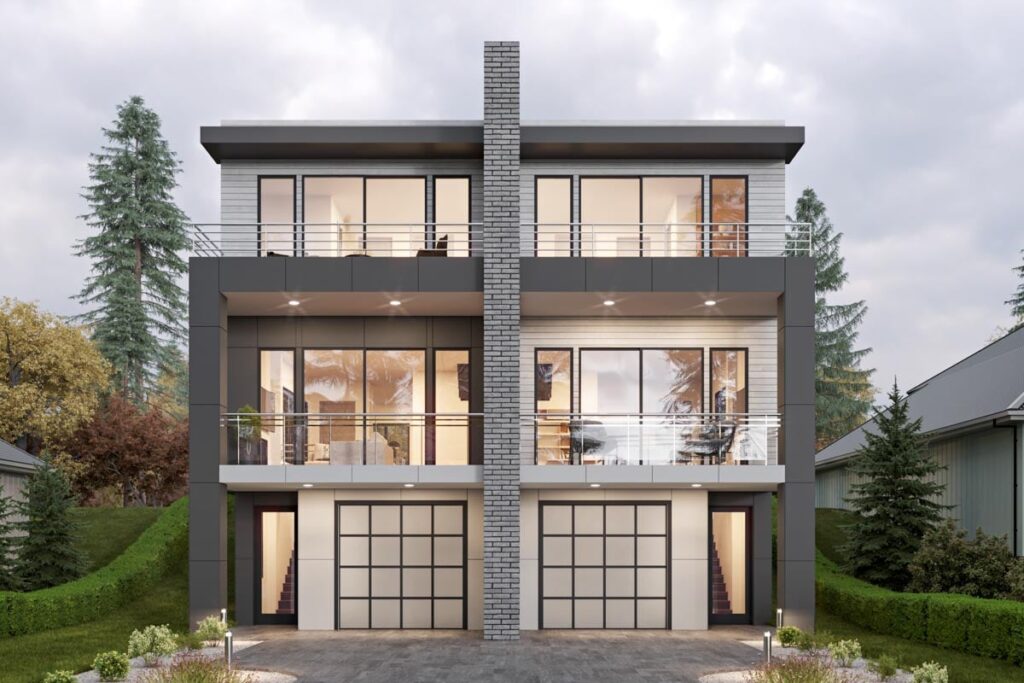
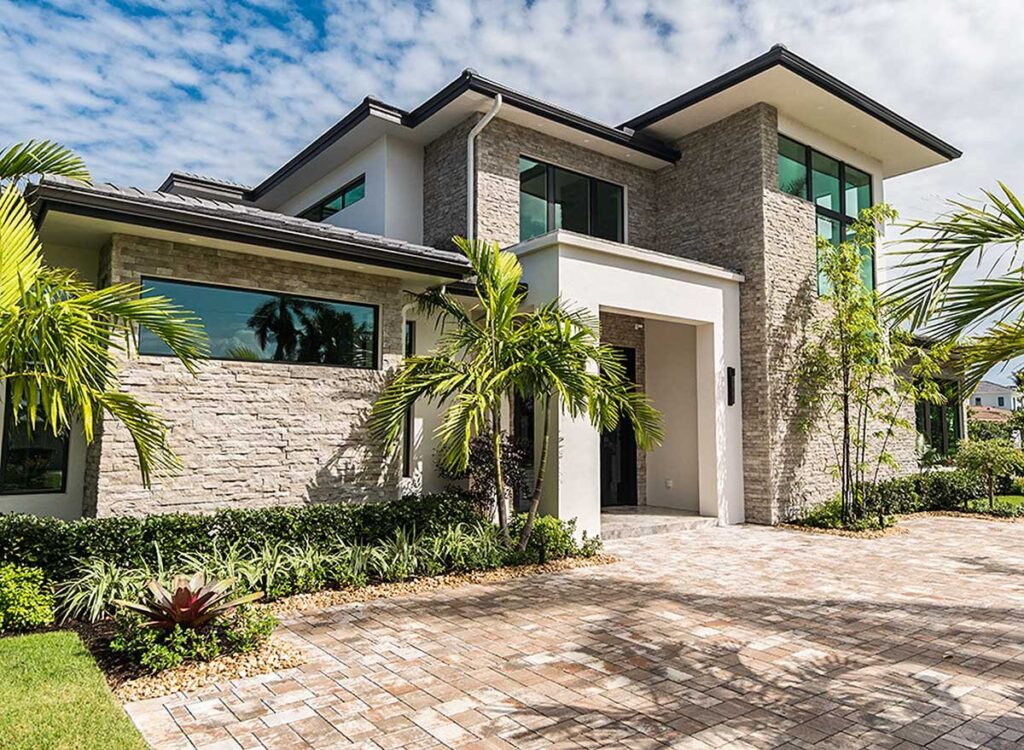
Post-Construction Services
- Conduct a thorough walkthrough with the client to address any final adjustments.
- Provide warranties and a detailed guide on home systems and maintenance.
- Offer ongoing support for repairs, upgrades, or renovations.

Risk and Crisis Management
- Anticipate and mitigate risks, such as weather delays, labor shortages, or supply chain issues.
- Resolve disputes between contractors or address unexpected design challenges.
- Adapt quickly to client changes without compromising the timeline or quality.

